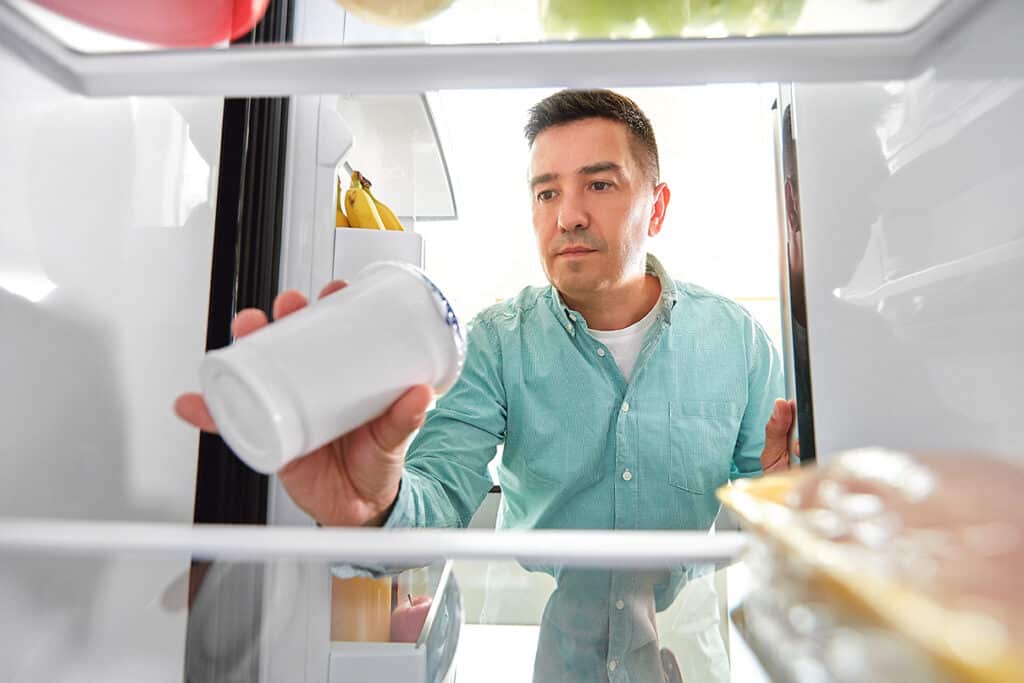
This month the ‘Waste Not, Want Not’ team, including Voice Ireland, Clonakilty Tidy Towns and the Community Resource Centre, have been busy reaching out to individuals, groups and businesses across the food chain to invite them to brainstorming sessions; the first of which took place at O’Donovans Hotel in Clonakilty last Thursday, February 22, and was a tremendous success.
Over 50 representatives from our community took part in brainstorming exercises to discuss food waste, which we began by listing reasons we felt it was an issue worth our attention. Resource waste (financial and material), climate change and global inequality were some common concerns discussed, as well as the general agreement that it just didn’t sit well with people to waste! The discussion then moved to our own experiences of food waste, from how much we waste, what foods we wasted most (bread, fruit and leftovers came out on top) as well as what we thought caused us to waste – busier lives, not being aware of what was in the fridge, lack of planning and loss of ancestral skills were common themes.
It was so interesting to be in a room with such a lively and personal discussion about food waste! The evening progressed to considering strategies we could work on in our own homes to reduce waste. These strategies were grouped into categories for discussion (such as proper storage, meal planning, community building and responsible eating out) and participants were invited to share which techniques they would try to start integrating into our own lives. The simple act of observing and taking note of which foods are wasted most in your home is a great first step in reducing your food waste!
The evening ended with a lot of positive feedback, ideas and general enthusiasm for ‘Waste Not, Want Not’. Abi O’Callaghan-Platt from Voice Ireland summed it up saying: “the turnout for the household and community conversation was wonderful, such an engaged crowd, we can’t wait for the next two conversations with the businesses and the farming community!” Those two sessions will take place on February 29 and
March 7, followed by creating pilot projects and workshops to run for the duration of 2024 and into 2025!
The Use By/Best By conundrum
Each month in this column we will delve into one specific area of food waste, with facts and tips inspired by our conversations with the Clonakilty community; this month we will focus in on Use By/Best By dates. ‘Best before’ and ‘Use by’ date labels are the most widely used types of date labelling on food in Europe. Although, let’s be honest, they can be confusing. A study evaluated that about 50 per cent of Europeans did not know how to interpret them correctly and shockingly, up to 15 per cent of household waste of edible food could be attributed to this confusion alone.
In short, the ‘Use by’ date is about safety, while the ‘Best before’ date is about the quality of the food.
‘Use by’ is clear: do not eat after the date. This label is typically found on perishable items like meat, fish, dairy, and fresh juices. ‘Best Before’ signifies the peak quality of the product. While passing this date might result in a decline in taste or nutritional value, it does not necessarily indicate spoilage or safety concerns. As a general rule, you can use your own senses, to smell it and eat it — to see if it’s still good to eat.
Now that we know what they mean, we should also talk about how to use them to your advantage: both economically and environmentally.
Most perishable products marketed with the Use By label not only carry a high environmental footprint (1L of milk can account for up to 4.5kg of CO2), but also cost us: the average Irish household squanders 700 euros annually on waste from edible food.
Rather than treating date labels as an afterthought, we can use them as a tool for proactive meal planning, storage in order to reduce food waste. The first step is to plan meals and check dates when you are buying foodstuffs, especially perishables. For example, if you plan on making chicken the same day, consider taking a pack close to its expiry date, potentially saving it from waste for not being sold on time (and maybe get it at discount prices)!
When storing food, create a habit of checking date labels to help you have a better idea of what needs eating and plan your meals around that. If you are popping leftovers into the fridge make sure they sit in an obvious place and don’t get pushed to the back and forgotten about until it’s too late! Another easy thing to do is to freeze items that you realise you won’t be able to eat on time – and keep things in your freezer labelled and dated to save guess work later.
Did you know that March 1 is national ‘Stop Food Waste’ Day? If you want to get involved or keep up to date with this project visit www.voiceireland.org/wastenotwantnot and register your interest.


